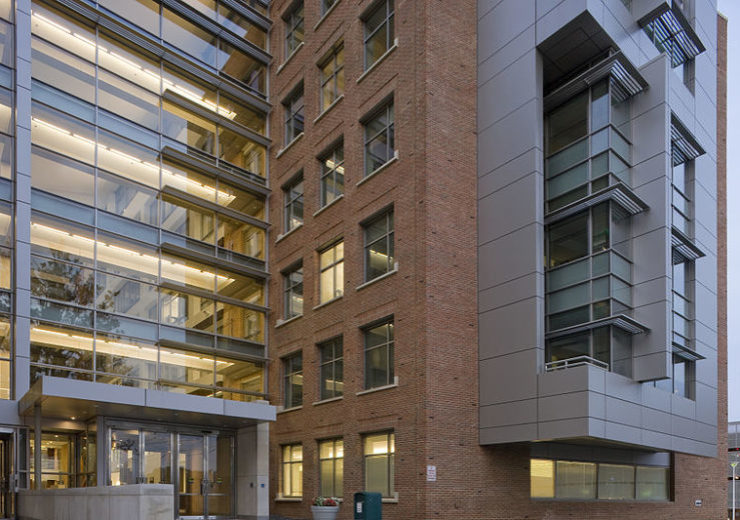The FDA approved the treatment following an open-label, multicentre clinical trial to evaluate the safety, efficacy, and pharmacokinetics of the combination therapy

FDA Centre for drug evaluation and research. (Credit: The U.S. Food and Drug Administration/Wikipedia.)
The US Food and Drug Administration (FDA) has approved Gilead Sciences’ supplemental application for sofosbuvir and velpatasvir (Epclusa) to treat hepatitis C virus (HCV) in children aged 6 years and older, or weighing at least 37 pounds.
In combination with ribavirin, the drug is indicated to treat paediatric patients aged 6 and older with severe cirrhosis. Epclusa was earlier approved to treat viral disease HCV in adults. It causes inflammation of the liver that can lead to diminished liver function or liver failure.
FDA Center for Drug Evaluation and Research antivirals division director Debra Birnkrant said: “This approval will provide additional treatment options for children and adolescents with HCV.
“This approval will also be important in settings where there is limited ability for health care professionals to conduct HCV genotype testing.”
FDA approved the treatment following an open-label, multicentre clinical trial to evaluate the safety, efficacy, and pharmacokinetics of the combination therapy to treat HCV genotypes 1, 2, 3, 4, and 6.
The open-label, multicentre clinical trial recruited 173 patients
The clinical trial enrolled 173 treatment-naïve and treatment-experienced paediatric patients who were aged 6 and older without cirrhosis or with mild cirrhosis.
The agency witnessed no meaningful differences in pediatric patients compared with adults.
Safety and efficacy were comparable to those observed in adults.
Among 102 patients 12-17 years old, 93% of patients with genotype 1 and 100% of those with genotypes 2-4 and 6 had no detectable virus in their blood 12 weeks after finishing the twelve-week treatment.
Of the 71 children, ages 6-11 years old with HCV genotypes 104, 93% with genotype 1, 91% with genotype 3, and 100% with genotypes 2 and 4 had no virus detected 12 weeks after finishing treatment.
Adverse effects of the combination therapy included fatigue and headache, consistent with reactions observed in clinical trials of the treatment in adults.
The drug includes a boxed warning that hepatitis B virus (HBV) reactivation has been reported in patients infected with both HCV and HBV who were taking or had completed treatment with HCV antivirals and were not taking HBV antivirals.
